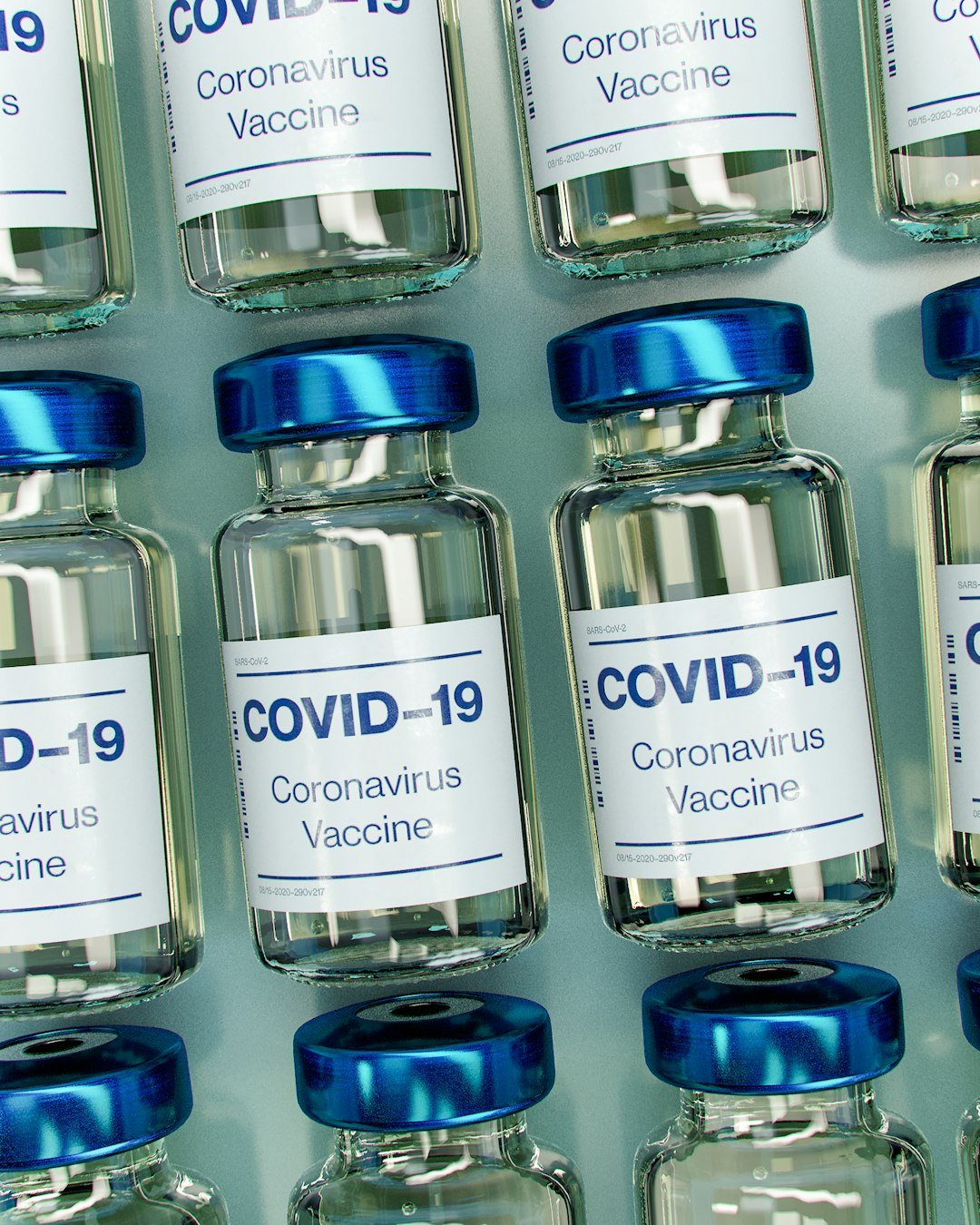Novo Nordisk's dosing in CagriSema obesity drug trial puzzles investors
Published by Global Banking & Finance Review®
Posted on December 20, 2024
3 min readLast updated: January 27, 2026

Published by Global Banking & Finance Review®
Posted on December 20, 2024
3 min readLast updated: January 27, 2026

Novo Nordisk's CagriSema trial results puzzled investors as fewer patients reached the highest dose, impacting market value.
By Maggie Fick, Jacob Gronholt-Pedersen and Mariam Sunny
LONDON/COPENHAGEN (Reuters) - Novo Nordisk shareholders were seeking on Friday to find out why such a high number of patients in the late-stage trial of its next-generation obesity drug candidate CagriSema did not reach the highest dose strength of the medicine.
Disappointing data published by Novo from a late-stage trial for the experimental drug wiped as much as $125 billion off the Danish company's market value on Friday.
The lower-than-expected weight loss shown with CagriSema is a blow to Novo's ambitions to find a successor to its Wegovy weight-loss drug that is more powerful than competitor Zepbound, also known as Mounjaro, made by Eli Lilly.
Novo said that if people adhered to treatment with CagriSema, patients overall achieved weight loss of 22.7% after 68 weeks, with 40.4% losing 25% or more. That was lower than the 25% the company had expected.
Aside from the disappointing headline number, investors and analysts focused on another puzzling data point: only 57% of patients in the trial were on the highest dose-strength of the medicine at the end of the 68 week trial.
CagriSema is a weekly injection combining semaglutide, which is the active ingredient in its blockbuster drug Wegovy and mimics the gut hormone GLP-1, with a separate molecule called cagrilintide that mimics the pancreatic hormone amylin.
Investors and analysts noted that among the two other patient groups in the trial, who were either given only cagrilintide or semaglutide, much higher percentages reached the highest dose: 83% for cagrilintide and 70% for semaglutide.
Novo did not give further details or respond to questions about the lower number of patients reaching the highest dose. The company will start a new trial in the first half of 2025.
But the reason may influence how the company designs the next study.
Some investors and analysts said it could be a sign that patients had suffered side-effects and had to limit their intake.
It "clearly means tolerability was an issue", said Kevin Gade, portfolio manager at Bahl & Gaynor. He owns shares in Novo's top rival, Eli Lilly.
Alexander Jenke, a portfolio manager at Medical Strategy in Munich, and a Novo shareholder, agreed. He said there may have been higher rates of gastrointestinal adverse events such as nausea, vomiting, and diarrhoea.
Nordea analyst Michael Novod had another theory: patients may have stopped the injections after hitting a satisfactory weight loss. The trial, investors noted, allowed patients to stop at a lower dose if they wished.
"That's the thing that we can't answer today," Barclays analyst Emily Field told Reuters. "Did Novo not meet the 25% weight-loss bar because of the 'good guy' or the 'bad guy'?"
The "good guy", she said, would be patients who didn't get to the highest dose in the trial because they were satisfied with their weight loss, while the "bad guy" would be patients whose side effects, like nausea, were so severe that they could not increase their dose strength.
(Reporting by Maggie Fick in London, Jacob Gronholt-Pederson in Copenhagen and Mariam Sunny in Bengaluru; Editing by Josephine Mason and Catherine Evans)
The article discusses the puzzling results of Novo Nordisk's CagriSema obesity drug trial and its impact on investors.
Fewer patients reached the highest dose, leading to lower-than-expected weight loss results.
Possible side effects or patient satisfaction with lower doses may have influenced the results.
Explore more articles in the Finance category
